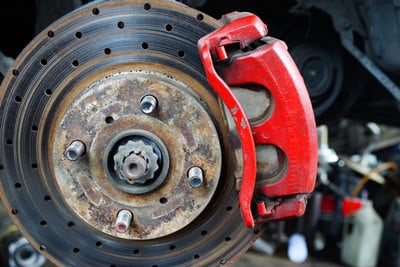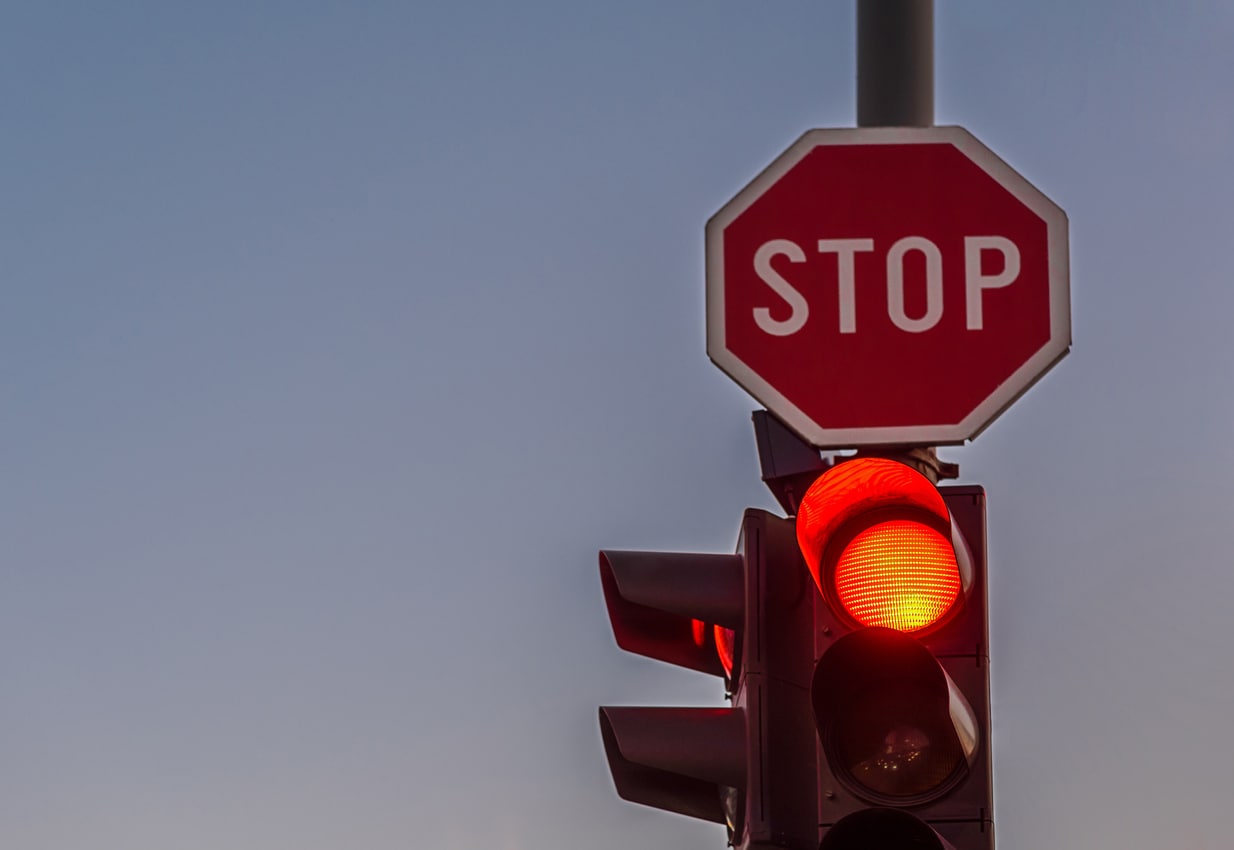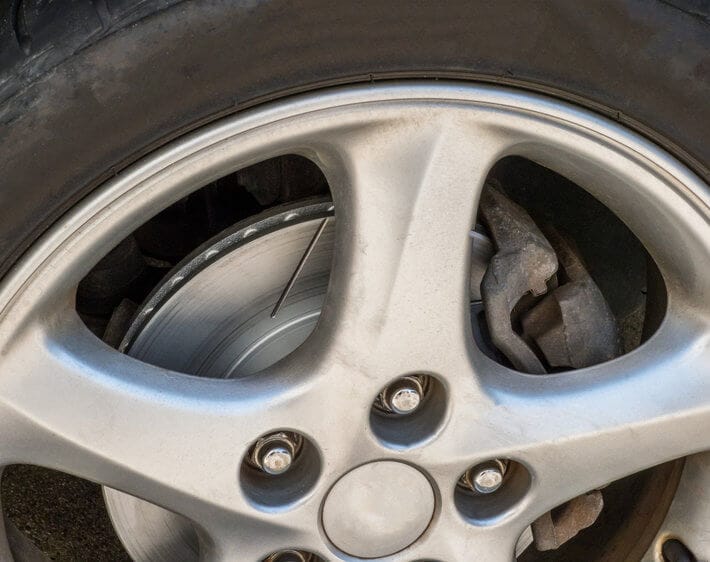Brake Basics
How do brakes work?
Just as your ankle bone is connected to your foot bone, your brake system relies on each connected brake part to function successfully—and safely.
Here’s a quick lesson: By pressing down on the brake pedal, you activate the cylinder that delivers brake fluid to the calipers that then engage your brake pads. Your brake pads then apply pressure to the rotors, creating the friction needed to stop your car. You see, it’s all connected.
All your brake parts work together to perform one important and crucial function: safe and precise stopping power.
What is a brake inspection?
Thorough, comprehensive, extensive, and methodical are just a few characteristics that describe our brake inspections. When we say brake inspection, we not only mean it, but we demonstrate it on every automobile we service. Because in order to detect a problem, we need technicians that not only can spot potential problems, but also have the know-how and precision to regain brake awesomeness. When we’re finished, you’ll have total confidence knowing your ride has received a brake inspection that’s hard to match.
Brake Inspection includes checking your brake:
- pads (and/or shoes)
- calipers
- rotors (and/or drums)
- wheel cylinders
- hardware (springs and adjusters)
- hoses
- parking brake cables
- fluid condition
- wheel bearings and grease seals
- master cylinder fluid exchange
Schedule Your Complete Brake Inspection
How often should I have my brakes inspected?
When you visit your doctor for a physical on a yearly basis, you’re being smart about your health. Same goes for your brakes. A yearly checkup will not only give you the confidence and guidance of our expert technicians, it will also provide you with the best opportunity to spot the necessary smaller repairs to avoid the bigger and more expensive ones. If you’re experiencing any warning symptoms, then a more immediate inspection may be required.
Consult your owner’s manual for specific brake inspection intervals for your particular make and model.
Schedule a Brake Inspection Today
What are brake pads?
Brake pads are the parts that contact your rotors and cause friction in order to stop your car.
What’s a rotor?
The rotor is directly connected to each tire. To stop your car, the rotor must stop spinning. It stops spinning by friction created by the brake pad.
What’s a caliper?
The caliper applies pressure and activates brake pads so the pads create contact with the rotors. The caliper requires brake fluid in order to function properly.
What’s a brake hose?
When you press down on your brake pedal, brake fluid travels through the brake hose to each caliper, which puts the brake pads into action.
What exactly is brake fluid?
Brake fluid is a crucial element needed to make your brakes operate successfully. When pressure is generated in the brake fluid lines, energy is distributed to your brake parts so they can perform their main job—stopping your car. If you have a brake fluid leak, your car could take longer to stop or, worse, won’t stop at all. If your vehicle has no brake fluid, your brakes won’t even operate. And that’s a scary situation we’d never wish on anybody.



